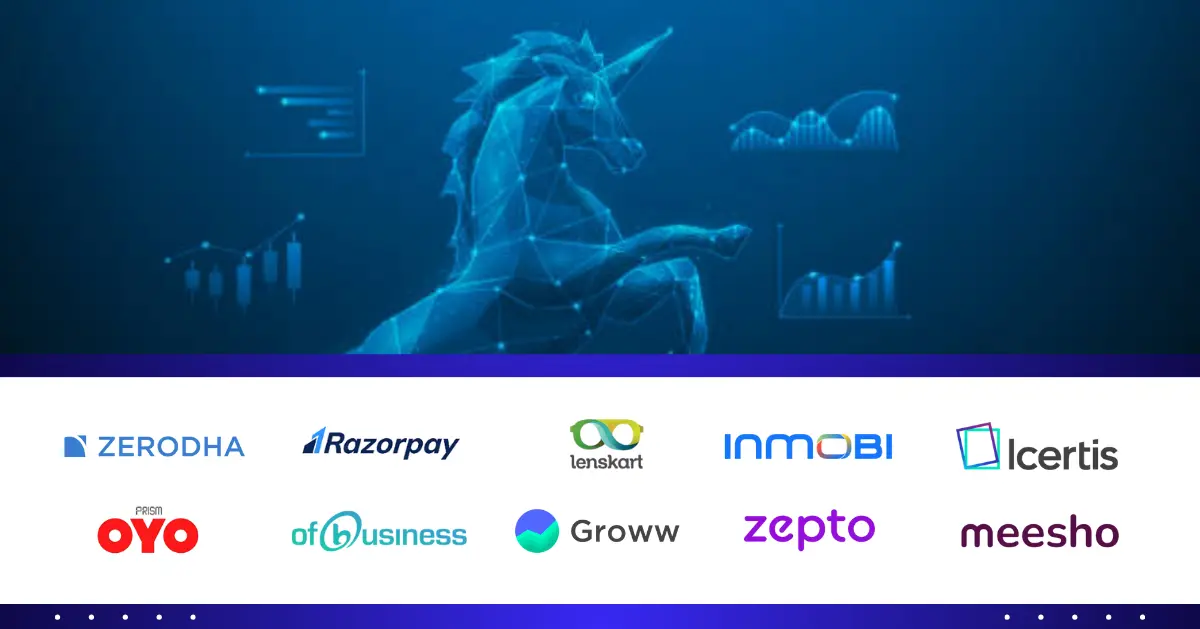
Introduction
With growing concerns over plastic pollution and environmental sustainability, the plastic recycling business has emerged as a lucrative and impactful industry. Recycling plastic not only reduces waste but also provides an opportunity for entrepreneurs to build a profitable and eco-friendly company.
India generates millions of tons of plastic waste annually, creating a huge demand for plastic recycling plants. Government initiatives and sustainability policies have encouraged recycling businesses by offering incentives and regulatory support.
If you are considering starting a plastic recycling business, this guide will provide a step-by-step breakdown, including investment details, legal requirements, challenges and profitability insights.
What is a Plastic Recycling Business?
It involves collecting, sorting, processing, and converting plastic waste into reusable materials. The goal is to reduce plastic waste accumulation and manufacture products from recycled plastic that can be used in various industries such as packaging, construction, and manufacturing.
Plastic waste comes from households, industries, hospitals, and commercial sectors. By setting up a plastic recycling plant, businesses can turn discarded plastic into raw materials for making plastic granules, sheets, and new plastic products.
Types of Plastic Recycling Methods
The plastic recycling process involves different methods and technologies to process waste efficiently. The most common plastic recycling methods include:
1. Mechanical Recycling
- This is the most widely used method, involving sorting, shredding, washing, melting, and remolding plastic waste into new products.
- Used for PET, HDPE, and PP plastics.
2. Chemical Recycling
- Involves breaking down plastic polymers into original monomers using chemical processes.
- Suitable for non-recyclable plastics that cannot be processed mechanically.
3. Thermal Recycling
- Converts plastic waste into fuel or energy through processes like pyrolysis and incineration.
- Used when recycling into new plastic products is not feasible.
4. Biodegradable Plastic Recycling
- Specially designed for bioplastics made from organic materials like cornstarch.
- Requires separate processing methods to decompose naturally.
Choosing the right plastic recycling method depends on factors like available technology, investment budget, and target market.
Investment and Setup Costs for a Plastic Recycling Plant
Starting a plastic recycling business requires careful financial planning and an understanding of the investment needed for setting up a plant. The main cost components include:
1. Land and Infrastructure
- Requires a minimum of 500-1000 sq. ft. for operations.
- Cost varies based on the location and size of the facility.
2. Machinery and Equipment
- Shredders, washing units, extruders, molders, and cooling systems are essential.
- Estimated cost: ₹10 lakh – ₹50 lakh, depending on capacity.
3. Raw Material Procurement
- Sourcing plastic waste from municipal corporations, scrap dealers, and industrial units.
- Storage facilities are needed to maintain a steady supply.
4. Labor and Operational Costs
- Hiring skilled workers for sorting, processing, and packaging.
- Monthly expenses include electricity, maintenance, and salaries.
5. Marketing and Distribution
- Branding and reaching potential buyers like manufacturers, packaging industries, and retail companies.
Overall, a small-scale plastic recycling business may require an investment of ₹15-25 lakh, while large-scale plants may need ₹50 lakh – ₹1 crore.
Licenses and Permits Required for a Plastic Recycling Business
To legally operate a plastic recycling plant, obtaining the necessary licenses and approvals is essential. The key permits required include:
1. Business Registration
- Register your business as a sole proprietorship, partnership, or private limited company.
- Obtain GST registration for tax compliance.
2. Pollution Control Board Clearance
- State Pollution Control Board (SPCB) approval is mandatory.
- Obtain a Consent to Establish (CTE) and Consent to Operate (CTO) under environmental laws.
3. Factory License
- If setting up a large plant, a factory license from the local municipal authority is required.
4. Trade License
- Issued by the local municipal corporation to legally operate within the city.
5. Import/Export License
- If importing or exporting plastic waste, IEC (Import-Export Code) registration from DGFT is required.
Non-compliance with legal requirements can lead to heavy penalties and business shutdowns, so it is crucial to stay updated with environmental laws and regulations.
Challenges and Profitability in the Plastic Recycling Industry
Its offers significant opportunities, some challenges need to be addressed:
1. High Initial Investment
Setting up a recycling plant requires substantial investment in machinery, infrastructure, and legal compliance.
2. Waste Segregation Issues
Collecting and sorting plastic waste efficiently remains a major challenge. Contaminated plastic reduces the quality of recycled products.
3. Competition and Market Demand
Competing with new plastic manufacturers can be difficult, as some industries still prefer virgin plastic over recycled plastic.
4. Government Regulations and Compliance
Strict environmental regulations and policies can impact business operations.
Despite these challenges and profitability of the plastic recycling business is promising. With growing awareness, government incentives, and increasing demand for recycled plastic, entrepreneurs can achieve high-profit margins in this industry.
Sustainability and Future of Plastic Recycling in India
With India’s commitment to reducing plastic waste, the plastic recycling industry is set for significant growth. Key trends shaping the future include:
- Government initiatives promoting plastic recycling through strict laws and financial incentives.
- Increased adoption of biodegradable plastics to reduce plastic pollution.
- Advancements in recycling technology make processes more efficient and cost-effective.
- Corporate sustainability programs, with businesses committing to using more recycled plastic in packaging.
The plastic recycling business aligns with the global shift toward eco-friendly solutions, making it a highly scalable and sustainable industry.
Conclusion
Starting a plastic recycling business is not only a profitable venture but also a step toward environmental sustainability. By investing in the right technology, securing legal approvals, and managing operations efficiently, entrepreneurs can build a successful recycling plant.
However, setting up a plastic recycling business involves dealing with regulatory requirements, business registration, GST compliance, and environmental clearances. To make this process hassle-free, RegisterKaro provides end-to-end assistance in business registration, license approvals, and compliance management.
If you are looking to start a profitable plastic recycling business, consult RegisterKaro today and take the first step toward a greener and more sustainable future!
Frequently Asked Questions (FAQs)
1. How much does it cost to start a plastic recycling business in India?
The cost varies between ₹15 lakh to ₹ 1 crore, depending on scale, machinery, and location.
2. What are the most profitable plastic recycling business ideas?
Recycling PET bottles, plastic granules, HDPE pipes, and packaging materials are some of the most profitable options.
3. Is a pollution control board certificate mandatory for plastic recycling?
Yes, it is required to ensure compliance with environmental regulations.
4. What types of plastic can be recycled?
Commonly recycled plastics include PET, HDPE, LDPE, PP, and PVC.
5. How can I sell recycled plastic materials?
You can sell to manufacturers, packaging industries, and construction companies.
6. Is plastic recycling a profitable business?
Yes, due to the increasing demand for recycled plastic and sustainability initiatives, it offers high profit margins.




